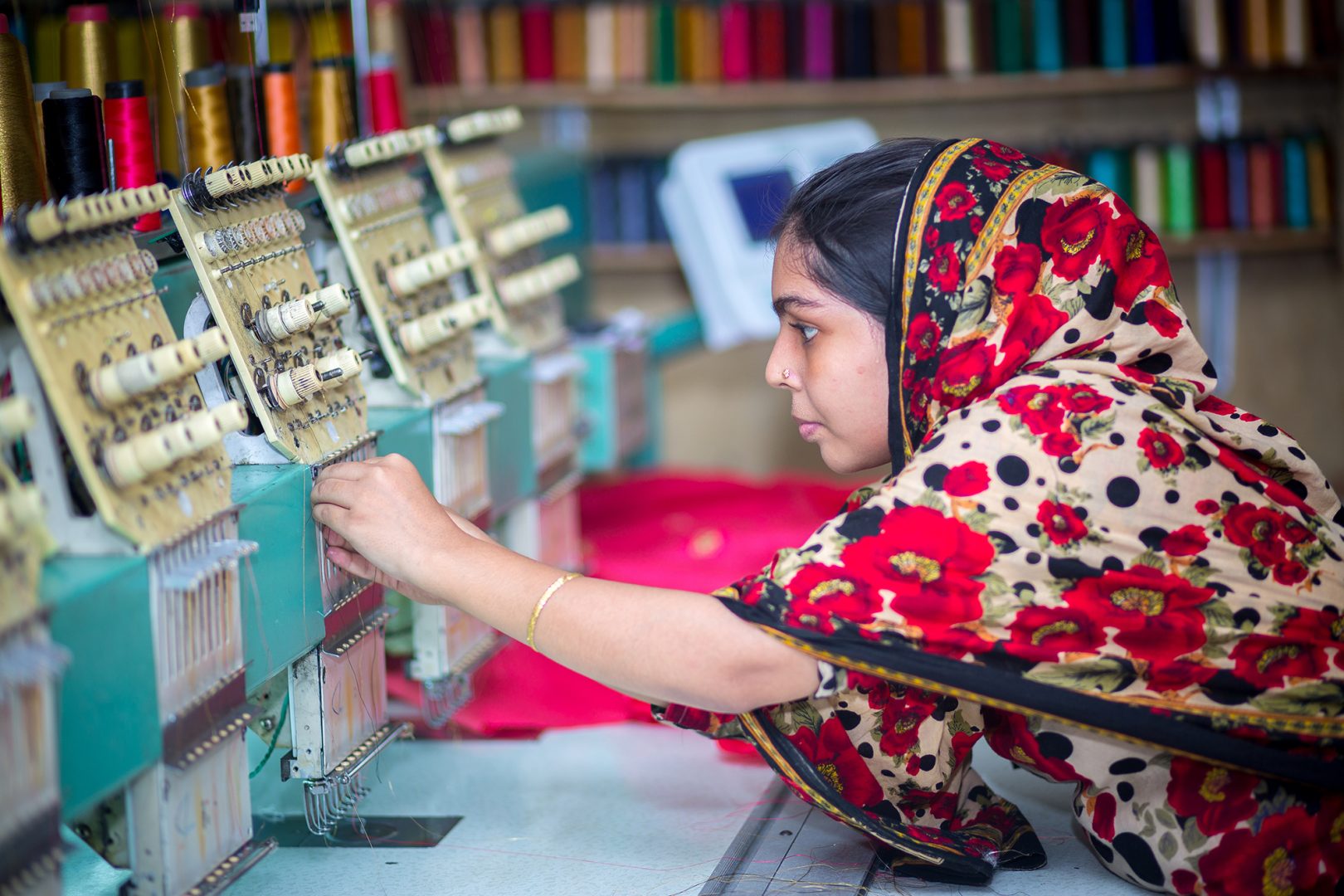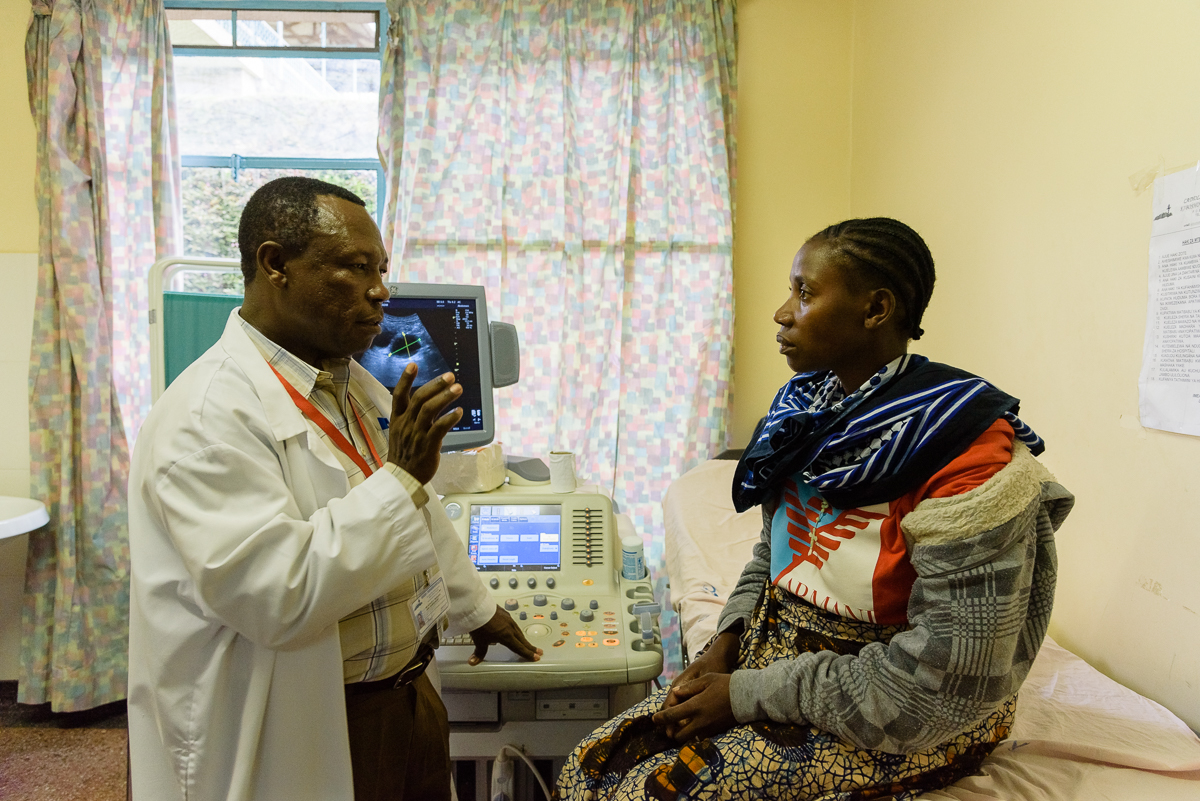Micro, small and medium enterprises are vital to India’s economy and growth.
According to the World Bank, they account for more than 80 per cent of total industrial enterprises, employing an estimated 117 million people, and contributing to more than 40 per cent of manufacturing output and exports.
However, these small businesses identify access to finance as a key constraint to growth. The World Bank estimates that this credit gap amounts to $230bn.
In order to understand how our investments in financial institutions were benefitting the MSMEs they lend to, we were eager to take a closer look at the issue. We partnered with IFC, part of the World Bank Group, and RBL, an Indian financial institution we invest in, to carry out a study to understand what impact loans from financial institutions have on MSME growth in India.
RBL is a mid-sized scheduled commercial bank, which serves around 2 million customers in India. The company was an ideal partner for such a survey given their interest in supporting underserved and unbanked customers, strategic focus on mass banking, and launch of MSME products across India in 2012 (comprising of business instalment loans, loans against property, and MSME lending).
Over 100 of RBL’s MSMEs were randomly selected and interviewed by local survey firm Market-Xcel, collecting data on sales, income, assets and employment at their firm, before and after the loan.
The results:
1. Access to credit had a significant relationship with job creation
On aggregate, 5,600 – 7,200 jobs are estimated to have been created by MSMEs receiving a loan from RBL, from 2013-15.
2. MSMEs exhibited impressive financial performance
80 per cent of all SMEs grew their sales, income and assets since the loan, at average annualised rates of 9, 10 and 7 per cent respectively.
3. RBL is reaching first-time borrowers of formal finance
55 per cent were first-time borrowers of formal finance, having previously relied on personal finances, family and friends, and money lenders.
4. Gender
Firms with female management (22 per cent of the sample) exhibited stronger financial performance than average, and were more likely to hire women.
Insight is our series of practical lessons on private sector investment and development, based on our experiences. Sign up to our monthly newsletter.







